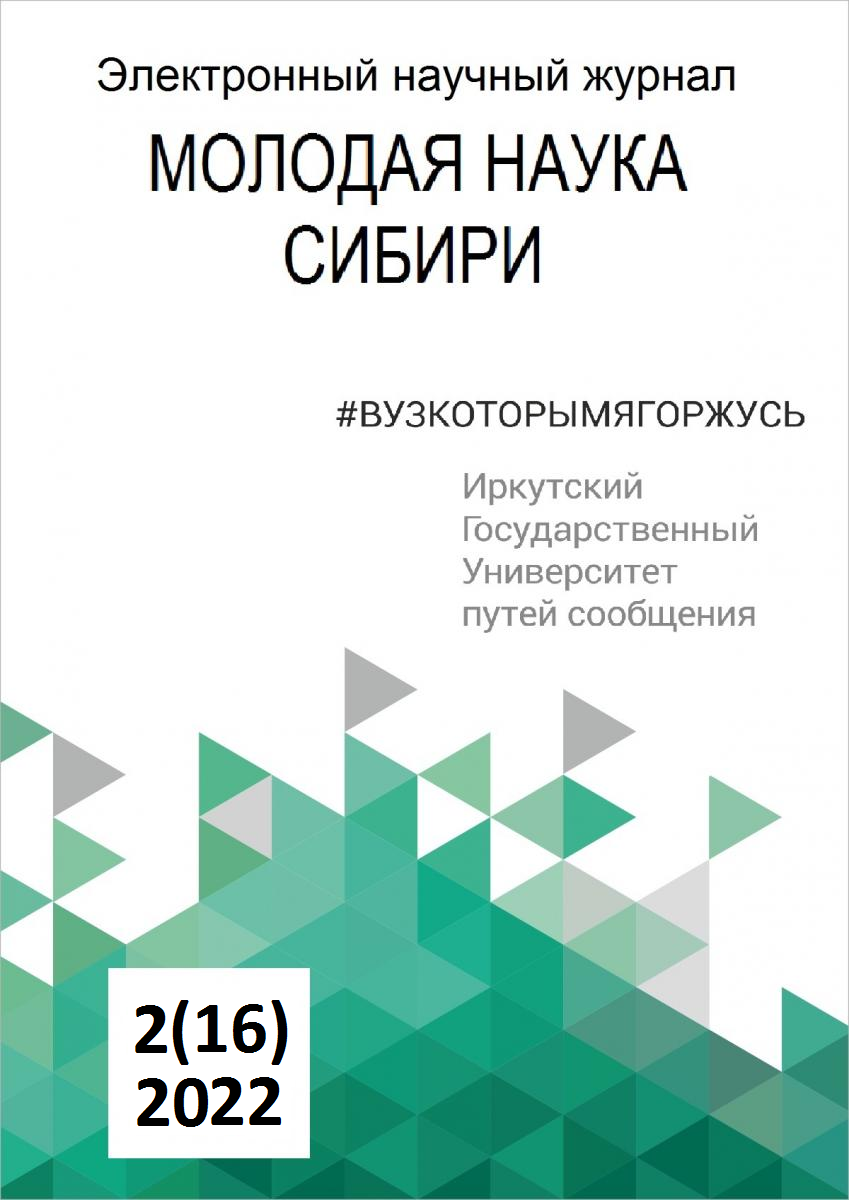THE IMPACT OF DIGITALIZATION ON THE DEVELOPMENT OF THE PROFES-SIONAL COMPETENCE ASSESSMENT SYSTEM
Keywords:
digitalization, personnel evaluation, personnel management, professional competence, development of the evaluation system in the conditions of digitalizationAbstract
Digital technologies are gradually being introduced into all spheres of companies' activities and have become a natural step. Today, without automation of personnel processes, it is difficult to build effective work of both small and medium-sized companies and large corporations. The introduction of digital information technologies solves a wide range of tasks and has a number of advantages. Firstly, it gets rid of the routine. Secondly, it contributes to the creation of progressive analytics, automatic collection of personnel data makes it possible to conduct operational analysis. In order for the transition to digital technologies to become important and useful, a system is required that ensures the visibility of all files and their compliance with the requirements, capable of providing good and efficient automated work. The automated personnel evaluation process becomes natural, without requiring special attention from either the evaluated employee or the management.
Today, digitalization is a necessary element for the immediate growth and competitiveness of the company, as it simplifies and facilitates the work of specialists, making it more productive and operational. Some organizations that have taken a step towards digitalization of key processes claim that they have increased employee productivity and saved time and money.
The article discusses the concept of digitalization, its directions for evaluation. What stages of the evaluation procedure will be improved with the help of digitalization. The types and characteristics of websites and software programs that are used to assess competencies are considered, the choice of the tool depends on which devices and through which channels it is more convenient for your employees to log in to the system. Progress on the personnel evaluation process and on the work of the company as a whole.
References
Артяков В.В., Чурсин А.А. Управление инновациями. Методологический инстру-ментарий // Учебник. 2020. С. 195 – 206.
Глухова А.В., Митрофанова Е.А., Тарасенко В.В., Некрасов А.В., Стадниченко Л.И., Жуков А.Л. Управление персоналом в России: вызовы XXI века // Монография. 2019. С. 65 – 97.
Горейло, В.А. Развитие системы управления организацией в условиях цифровой трансформации: оценка персонала / В.А. Горейло, А.С. Данилова // Управление в современ-ных системах: Сборник трудов X Всероссийской (национальной) научно-практической конференции научных, научно-педагогических работников и аспирантов. 2020. С. 127 – 133.
Данилова, А.С. К вопросу о человеческом потенциале, как конкурентном преиму-ществе организации // В мире научных открытий. 2014. № 7-2 (55). С. 924 – 935.
Конина Н.Ю. Менеджмент: Теория, практика и международный аспект // Учебник. 2018. С. 119 – 139.
Погодина Т.В., Попадюк Т.Г., Удальцова Н.Л. Инновационный менеджмент // Учеб-ник. 2019. С. 50 – 70.
Автономная некоммерческая организация. Цифровая экономика [Электронный ресурс] // Режим доступа: https://data-economy.ru/ (дата обращения: 15.05.2022).
Издательство «Открытые системы», автор статьи Смирнов Николай: Цифровизация HR: фактор лояльности сотрудников [Электронный ресурс] // Режим доступа: https://www.osp.ru/cio/2017/09/13053405/ (дата обращения: 15.05.2022).
Талент Менеджмент: Цифровой HR: платформы, люди и работа. Глава седьмая из отчета Deloitte. [Электронный ресурс] // Режим доступа: https://www.talent-management.com.ua/3284-tsifrovoj-hr-deloitte-2017/ (дата обращения: 15.05.2022).


